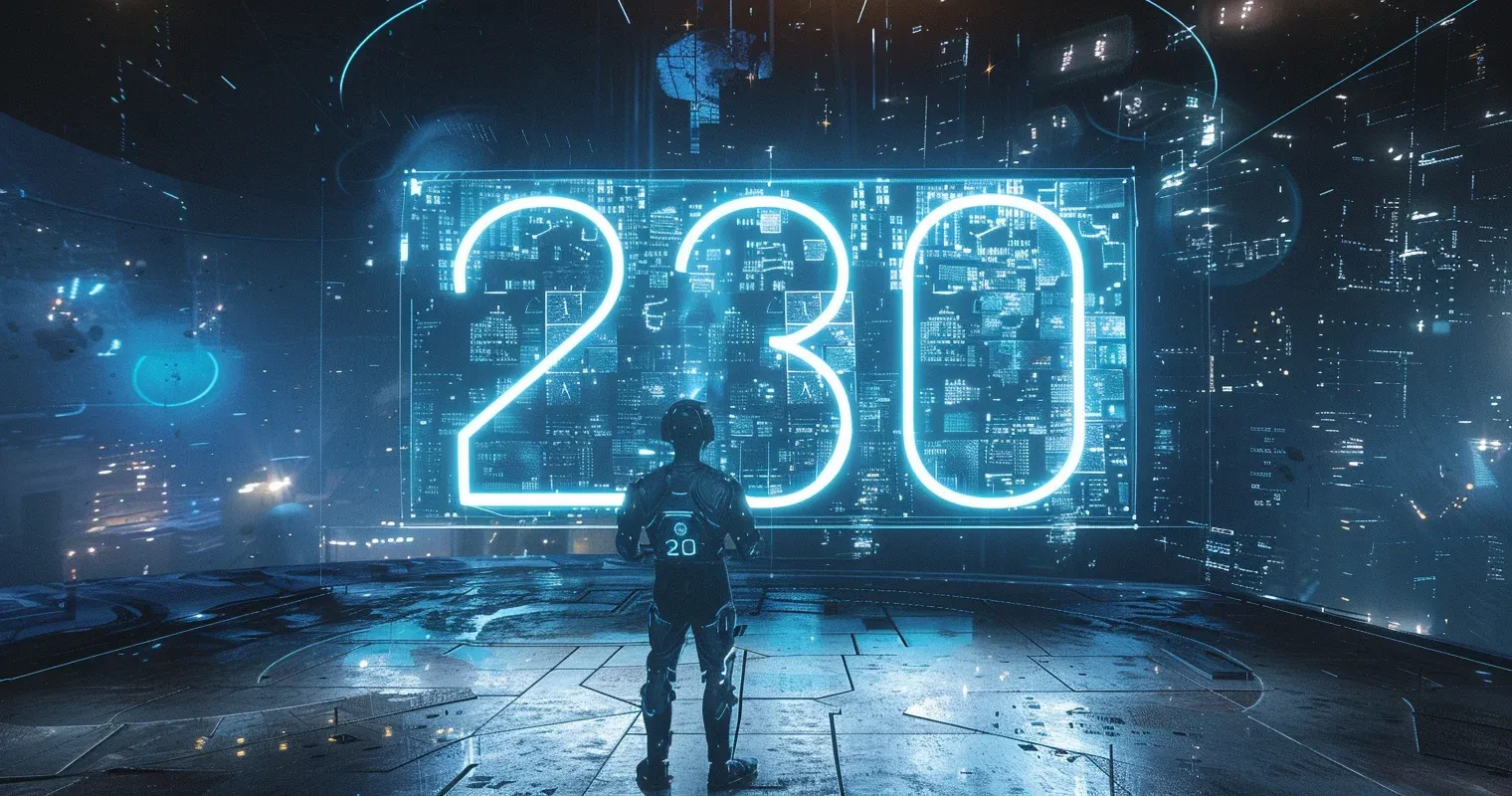In the US, Section 230 of the Communications Decency Act has been called the law that “created the internet.” It provides legal liability protections to internet companies that host third-party speech, such as social media platforms that rely on user-generated content or news websites with comment sections. Essentially, it prevents companies like Meta or X from being on the hook when their users defame one another, or commit certain other civil wrongs, on their site.
In recent years, 230 has become a lightning rod for critics on both sides of the political aisle seeking to punish Big Tech for perceived bad behavior.
But Section 230 likely does not apply to generative AI services like ChatGPT or Claude. While this is still untested in the US courts, many legal experts believe that the output of such chatbots is first-party speech, meaning someone could reasonably sue a company like OpenAI or Anthropic over output, especially if it plays fast and loose with the truth.
Supreme Court Justice Neil Gorsuch suggested during oral arguments last year that AI chatbots would not be protected by Section 230. “Artificial intelligence generates poetry,” Gorsuch said. “It generates polemics today that would be content that goes beyond picking, choosing, analyzing, or digesting content. And that is not protected.”
Without those protections, University of North Carolina professor Matt Perault noted in an essay in Lawfare, the companies behind LLMs are in a “compliance minefield.” They might be forced to dramatically narrow the scope and scale of how their products work if any “company that deploys [a large language model] can be dragged into lengthy, costly litigation any time a user prompts the tool to generate text that creates legal risk.”
We’ve already seen similar forces at play in the court of public opinion. Facing criticism around political misinformation, racist images, and deepfakes of politicians, many generative AI companies have limited what their programs are willing to generate – in some cases, outlawing political or controversial content entirely.
Lawyer Jess Miers of the industry trade group Chamber of Progress, however, argues in Techdirt that 230 should protect generative AI. She says that because the output depends “entirely upon whatever query or instructions its users may provide, malicious or otherwise,” the users should be the ones left holding the legal bag. But proving that in court would be an uphill battle, she concedes, in part because defendants would have the onerous task of explaining to judges how these technologies actually work.
The picture gets even more complex: Courts will also have to decide whether only the creators of LLMs receive Section 230 protections, or if companies using the tech on their own platforms are also covered, as Washington Post writer Will Oremuspondered on X last week.
In other words, is Meta liable if users post legally problematic AI-generated content on Facebook? Or what about a platform like X, which incorporates the AI tool Grok for its premium users?
Mark Lemley, a Stanford Law School professor, told GZERO that the liability holder depends on the law but that, generally speaking, the liability falls to whoever deploys the technology. “They may in turn have a claim against the company that designed [or] trained the model,” he said, “but a lot will depend on what, if anything, the deploying company does to fine-tune the model after they get it.”
These are all important questions for the courts to decide, but the liability issue for generative AI won’t end with Section 230. The next battle, of course, is copyright law. Even if tech firms are afforded some protections over what their models generate, Section 230 won’t protect them if courts find that generative AI companies are illegally using copyright works.
